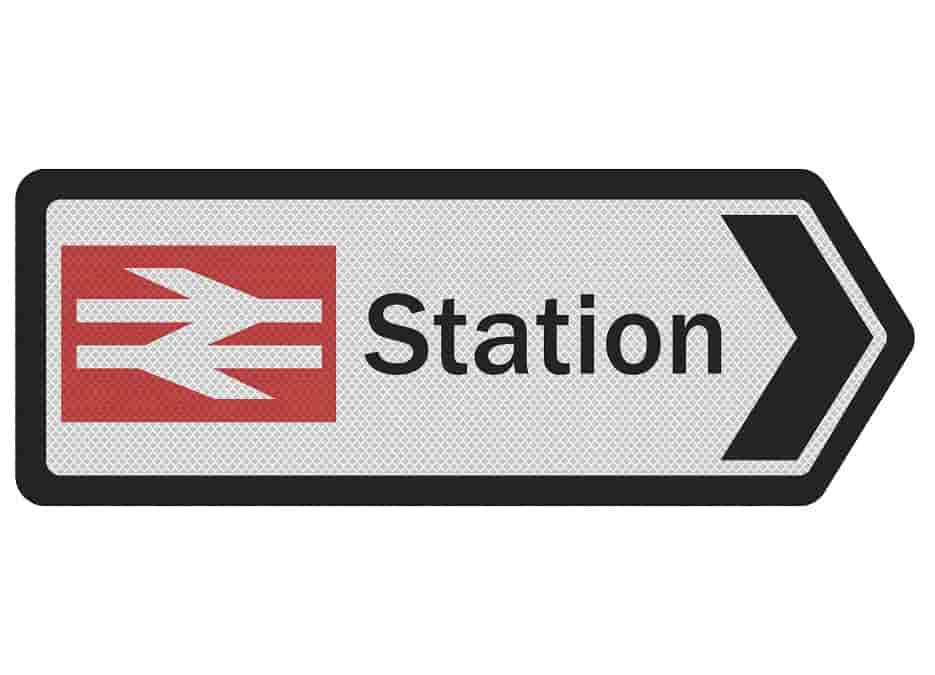The Workers Union has backed plans to upgrade Britain’s ancient rail architecture and create a ‘modern rail network fit for the 21st century.’
In a statement released this morning, a spokesman for the organisation said: ‘Working people need a fast, frequent, accessible rail system that helps the country meet its environmental obligations and delivers alternatives to our congested roads, towns and cities. Railways are our gift to the world, and it’s high time we embraced that legacy and re-established our credentials as a world-leader in track transport.’
The union’s announcement came after Business Live reported that 34 new railway stations are either being built or are on the drawing board. Large conurbations such as Liverpool and the West Midlands are set to benefit with major new stations and infrastructure upgrades, while plans in other parts of the country include an extension to the Borders Railway and the return of mothballed lines in the North East of England.
The proliferation of rail-related projects has partly been driven by the greater autonomy for the regions outlined in the government’s Levelling Up White Paper.
The paper committed to creating transport networks in all urban centres that are ‘significantly closer to the standard of London.’ However, some projects – such as a proposed Parkway station in Cardiff – are relying less on centralised funding models and more on partnership working between devolved governments and the private sector.
The Workers Union Says…
This renewed interest in rail travel can only bring benefits to working people and local communities. Recent predictions suggest that demand for rail travel will increase by between 84 and 101 percent between 2015 and 2040, but these figures are predicated on whether that demand is constrained by limitations of supply.
What a far cry this is from the 1960s, when 5,000 miles of track and 2,300 stations felt the cold steel of the Beeching axe, with many of the cuts leaving working people with little choice but to take their cars to work.
These cuts seem naive in the context of the 21st century, where rail networks feeding new hubs of business and industry are crucial to jobs and productivity. They offer people alternative routes to work and will deliver leisure and educational opportunities as the country adapts to the many social, demographic and economic changes to come. They help the UK’s climate change targets and are important drivers of new types of technology and innovation.
For railways are not an outmoded overhang from a bygone industrial age, they are a marker of future success. We would do well to back them and see just how far they take us.




